What is eLearning?
Details: Written by Kate Hutchinson
|
Published:

Whether you call it eLearning or e-Learning (trust us- it’s a minefield) there is no doubt that the use of technology to support education is transforming the way we learn. But with so many variations of the word, it is no wonder that sometimes the definition of online learning or distance learning (see what we mean?) can get lost in translation. Similarly, the word technology can take on multiple meanings across multiple sectors and resultantly, things can feel a little, well, fuzzy! This blog will cut through the terminology noise and present The Skills Network as a leading training provider of eLearning technology for individual adult learners, businesses and other education organisations. After this quick 5-minute read, you will confidently know the answer to ‘what is eLearning’ and perhaps even enrol on one of our FREE online courses whilst you’re at it.
Let’s start with a ~crystal clear~ eLearning definition.

Any form of learning that is accessed or delivered via electronic devices or digital means is considered a form of eLearning. Electronic and digital devices could include:
- Laptop
- Desktop Computer
- Mobile phone
- VR Headset
- Tablet
Essentially, any device that can connect to the internet could be classed as an electronic or digital device suitable for eLearning.

How did eLearning start?
The concept of using technology for education can be traced back several decades to the early 20th century and has evolved over many years to what we are more familiar with today.
1920s - 1950s: Early Experiments
- In the 1920s instructional films and radio broadcasts were used to deliver educational content.
- In the 1950s, computer-based learning experiments began, with early computers being used to teach mathematics and other subjects.
1960s - 1970s: Computer-Assisted Instruction (CAI)
- CAI used mainframe computers and allowed students to interact with computer programs to learn various subjects.
- PLATO (Programmed Logic for Automatic Teaching Operations), developed at the University of Illinois, was one of the pioneering CAI systems.
1980s - 1990s: Rise of Personal Computers
- The widespread adoption of personal computers led to the development of educational software for individual use.
- Multimedia CD-ROMs and early educational games became popular, allowing students to engage with interactive learning content.
- Televised courses and video lectures also gained popularity as a form of distance learning material.
Late 1990s - Early 2000s: Internet and Online Learning
- The World Wide Web was born.
- Online courses and learning management systems (LMS) started to emerge.
- Universities and organisations began offering courses and web-based training programmes making education more accessible to a global audience.
- Prominent platforms like Blackboard and Moodle were introduced during this period.
2000s - 2010s: Massive Open Online Courses (MOOCs)
- MOOCs gave anyone to access university-level courses online for free or at a low cost.
- Platforms like Coursera, edX, and Udacity gained popularity and attracted millions of learners worldwide.
- Mobile learning became more popular as smartphones and tablets became more affordable.
2010s - Present: Blended Learning and Adaptive Learning
- Blended learning gained traction in schools and corporate training.
- Adaptive learning systems, powered by AI, personalised the learning experience by tailoring content to individual students' needs.
And the rest, as they say, is history!
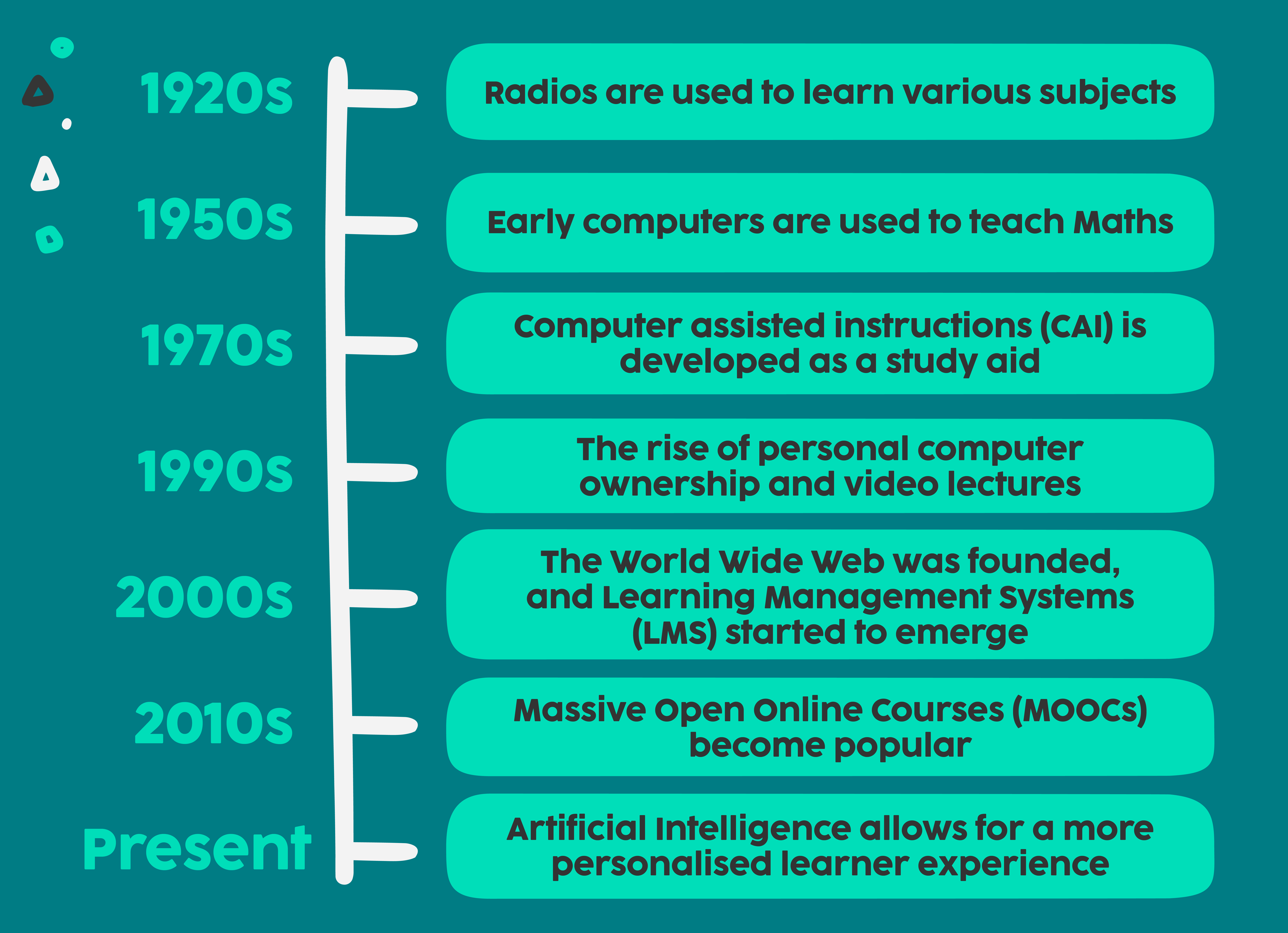
Types of eLearning
As you may have guessed, there are lots of different types of eLearning. Here you will find just some of the different types of online learning:
- Asynchronous eLearning
Self-paced learning with access to course materials and assignments at the learner's convenience- just like our FREE online courses.
- Synchronous eLearning
Real-time, live interactions between instructors and learners or among peers through webinars or virtual classrooms- just like our government-funded Skills Bootcamps.
- Blended Learning
A mix of traditional in-person instruction and online learning components. We can provide businesses and learning providers with the eLearning resources they need to deliver a blended learning model.
- Microlearning
Bite-sized, quick units of eLearning content designed for just-in-time learning. The Skills Network offers a range of bitesize CPD courses that work as the perfect introduction or refresher to any subject.
- Gameification
Integrating game elements into eLearning to engage and motivate learners. Plenty of The Skills Network’s eLearning courses include fun games and quizzes to keep things fun and memorable thanks to our powerful learning management system called EQUAL.
- Virtual Reality (VR) & Augmented Reality (AR)
Immersive learning technologies for training and simulations, with VR offering full immersion and AR overlaying digital information onto the real world.
We have partnered with Metaverse Learning to deliver a safe, engaging and cutting-edge learning experience.
Head over to our blog to READ MORE

Find a FREE online course with The Skills Network
Discover government-funded Skills Bootcamps with The Skills Network
How effective is eLearning? What are the benefits of distance learning?
Here at The Skills Network, we are big believers in the power of distance learning and the statistically proven benefits associated with using education technology to enhance your studies.
Not only can eLearning support your individual study goals, but it can transform the way we deliver adult training in businesses and colleges all over the world.
Are you ready for some statistics?
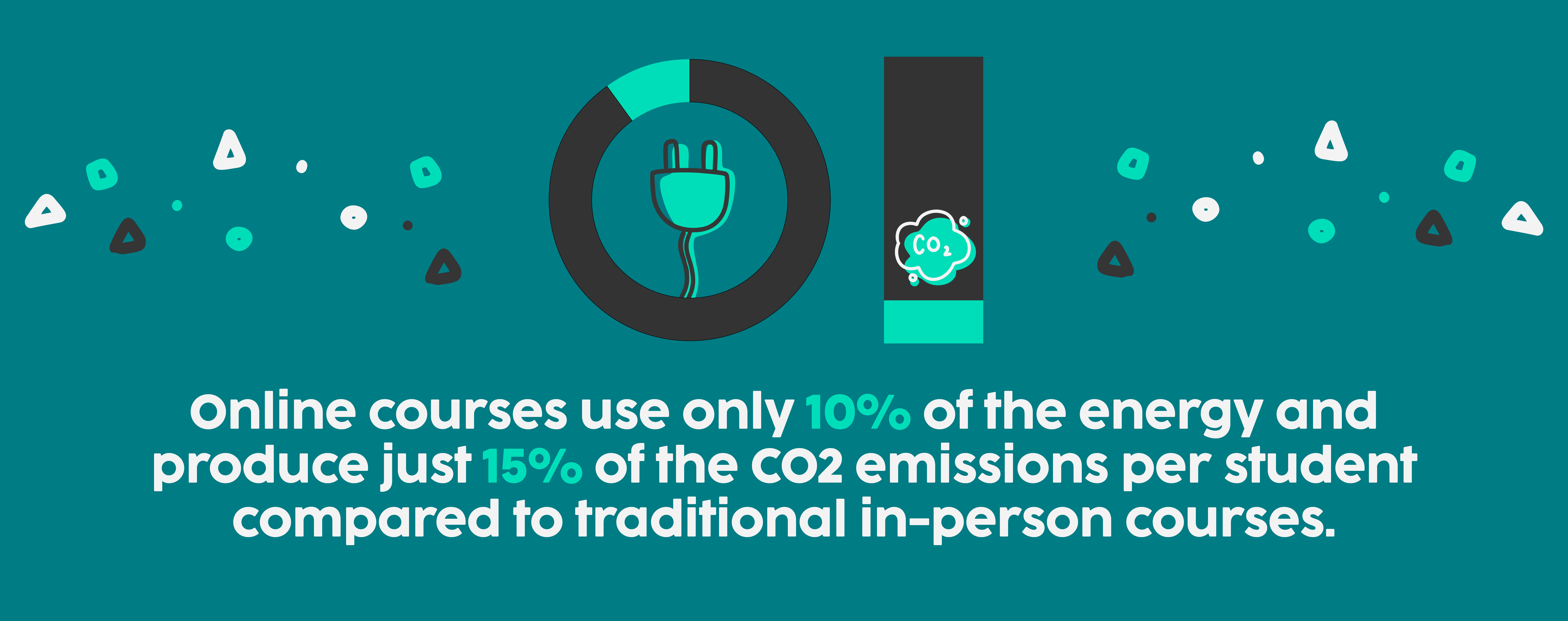
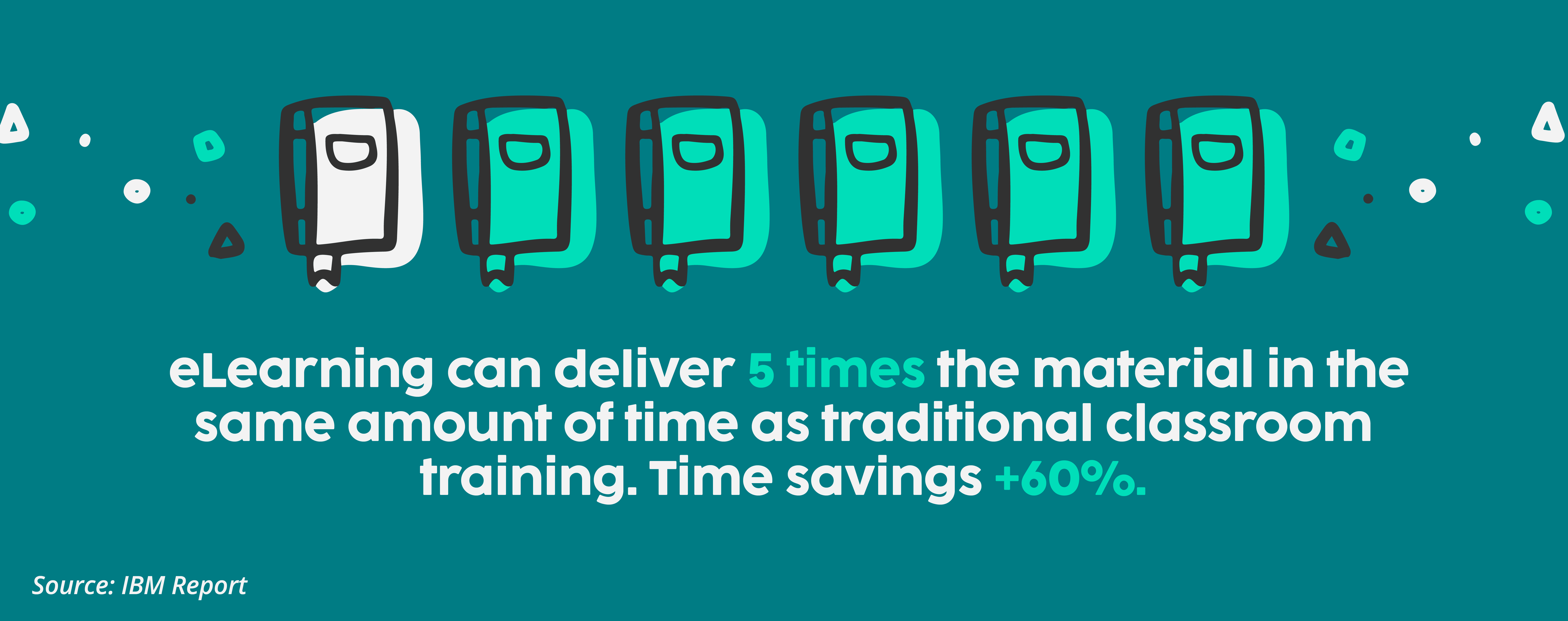
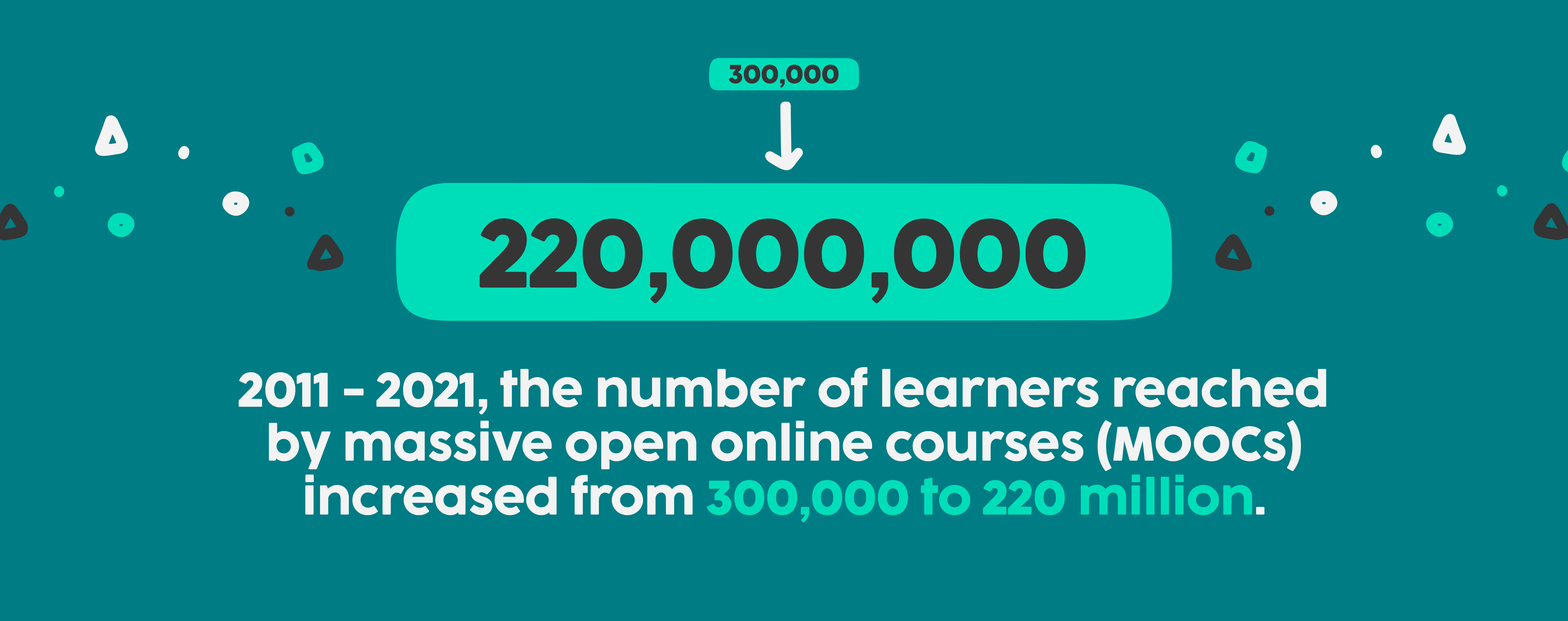
How does eLearning work with The Skills Network?
When studying an online course with us, it’s just a case of logging on to our award-winning online learning platform, EQUAL.
All of our learning delivery for individuals, employers or further education providers can be accessed via EQUAL- our Learning Management System (LMS).
So, whether you are accessing one of our…..
Free Online Level 2 QualificationsOr a….
Government-Funded Skills BootcampYour learning journey starts with EQUAL.

Every learner has their own unique learner ID and login details, meaning your eLearning journey is personalised for your needs and yours alone.
Once logged in to your own EQUAL account, you have access to:
- Learning resources for your chosen online course
- Assessment questions for your chosen online course
- A summary of all your submission deadlines for each unit
- Feedback submissions from your Tutor
- Progress tracking reports
EQUAL can be accessed from any device (although we recommend a PC or laptop), at any time.
This means you can do your learning whenever is best for you and you can study around other commitments like work and family.
Is an online course a suitable choice for me?
Opting for an online course presents a valuable opportunity to grow your skillsets while reducing expenses related to travel and accommodating various other commitments.
To ensure a quality eLearning journey, we recommend…
- Having a sense of drive and self-motivation
- Nurturing strong organisational skills, such as creating a study schedule and sticking to a routine.
- Creating a good learning environment, whether it's a spare room at home, your office, a coffee shop, or a peaceful spot on a train – a focused space is crucial.
- Having regular access to a device with internet connectivity.

Online learning vs. Classroom learning: Are online courses worth it?
A lot of our online courses are totally free for the learner.
So, in many cases, you have nothing to lose and everything to gain when enrolling on a free online course with The Skills Network!
With advancements in internet speed and technology, online learning has become more accessible, immersive, and convenient than any classroom-based course.
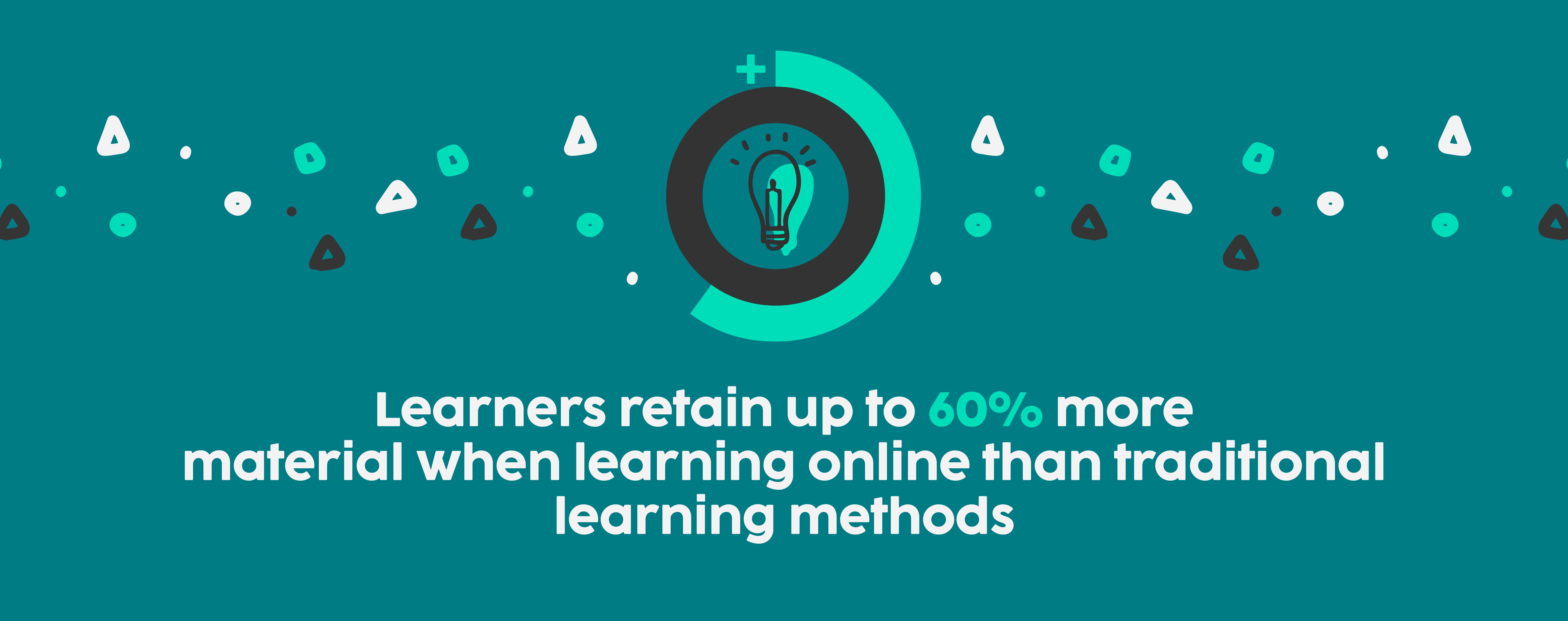
What does the future of eLearning look like?
Online learning, distance learning, remote learning and of course, eLearning will continue to rapidly evolve in the coming years.
Now, nobody has a crystal ball.
But these are 3 widely accepted predictions for the future of learning online ….
1. As technology continues to advance, distance learning may involve artificial intelligence, augmented reality (AR), and virtual reality (VR) on a larger scale.
2. Microlearning, which delivers content in short, focused segments, is expected to become even more prevalent, as average attention spans continue to decline.
3. Video content will continue to be an effective and dominant method that learners will use to access new information.

To conclude, eLearning is not going anywhere.
Since its very beginnings in the 1920s, it is clear that not all learners suit the typical classroom model. Whilst the terminology may continue to cause confusion, there can be no doubt that eLearning has made a huge impact on how we gain new skills in the 21st century.
This short blog has demonstrated how online learning has positively impacted the way we learn and access information over the past one hundred years.
Readers have explored the various types of eLearning styles that are available and considered the main benefits of a remote study approach, including our very own offer here at The Skills Network.
The Skills Network is proud to operate at the forefront of innovative eLearning solutions and will continue to provide quality online learning experiences as they advance with technology in years to come.
Want to know more about our accessible online learning courses? Get in touch today